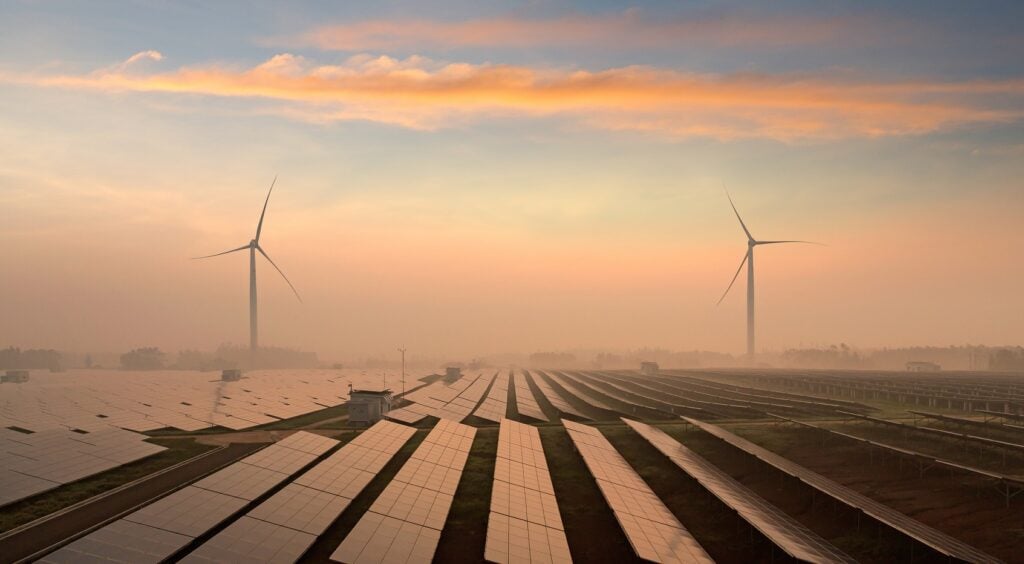Ofgem’s Targeted Charging Review (TCR) could delay subsidy-free renewables by up to five years and scrub 6GW off their pipelines, new research has found.
A new report published by Aurora Energy Research has found that the controversial proposals could dent the economics of renewable energy projects to such an extent that they are unable to deploy, pushing their advent back somewhere between two and five years.
And that delay could mean that as much as 5GW of utility-scale solar and a further 1GW of onshore wind could not deploy by 2035 as scheduled.
Details of the TCR were first unveiled last November and contain a raft of changes to the way that network costs are recovered, including axing embedded benefits for small generators and adopting fixed residual chargers, rather than the current method applying a mix of per-unit consumption and peak demand chargers.
The proposals have been heavily criticised by the green economy, with Regen having previously warned that vital flexibility projects could be rendered uneconomic by the changes.
Just last month, new research compiled by economic consultancy Oxera on behalf of energy firms ScottishPower, innogy, Vattenfall and RES found that the TCR proposals stood to undermine investment in renewables and actually stand to increase carbon emissions.
Weijie Mak, project leader at Aurora and co-author of the report, said the proposals could have a “very significant impact” on the country’s power market.
“We understand the need for Ofgem to ensure network efficiency and consumer protection, however there is a risk that pursuing too narrow a focus on these objectives could undermine the transition towards cleaner and smarter forms of power generation, as well as undermining investor confidence,” he said.
Ofgem’s consultation on the proposals closed in February this year and the regulator is due to respond publicly by the summer.





